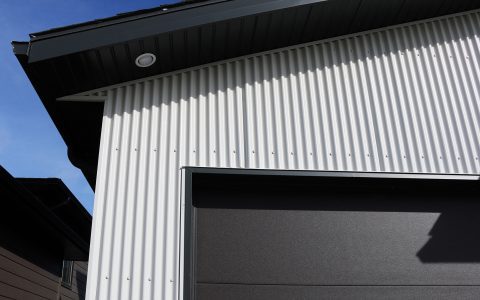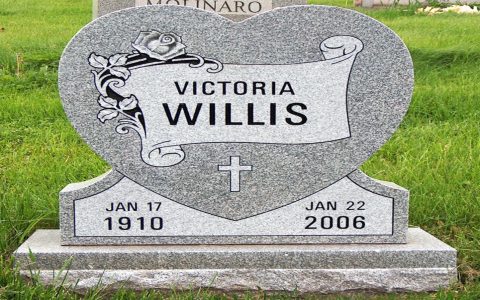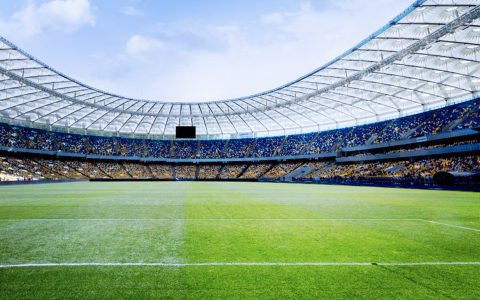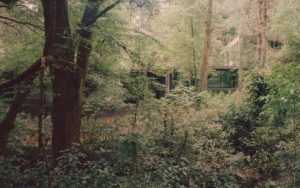Corten steel architecture offers a striking aesthetic and inherent durability, but its cost requires careful consideration. Understanding the factors involved is crucial for accurate budgeting.
Corten Steel Cost Factors
- Material Grade & Thickness: Genuine ASTM A606 Corten costs significantly more than standard steel. Prices fluctuate based on global steel markets, thickness (gauges), and finish (mill finish or pre-weathered). Expect premium pricing over conventional structural steel.
- Fabrication Complexity: Cutting, bending, welding Corten demands specialized equipment and skilled labor. Intricate designs, complex shapes, and tight tolerances increase fabrication time and costs substantially.
- Scale & Volume: Larger projects benefit somewhat from economies of scale in material purchasing. However, complexity often outweighs simple volume savings.
- Transportation & Handling: Corten sheets/plates are heavy. Transportation costs and careful handling requirements to prevent damage add expense.
- Installation Labor: Requires experienced crews familiar with Corten's properties (e.g., managing the initial rust runoff). Specialized welding techniques and rigging add labor hours.
- Details & Connections: Hidden structural supports, custom brackets, and specialized fasteners designed for Corten compatibility add hidden costs.
- Site Conditions: Difficult access, remote locations, or stringent site regulations increase installation time and expense.
Realistic Price Ranges
Providing exact figures is impossible due to variables, but current indicative ranges are:
- Basic Cladding/Facade: $35 - $75 per square foot. Covers simple vertical applications.
- Moderate Complexity (Screens, Canopies): $75 - $150+ per square foot. Includes sculptural elements, multi-plane structures.
- High Complexity (Structural Elements, Sculptures): $150 - $300+ per square foot. Significant custom fabrication and engineering.
Remember: These are material + fabrication + installation costs. Engineering, permits, foundations, and project management are additional.
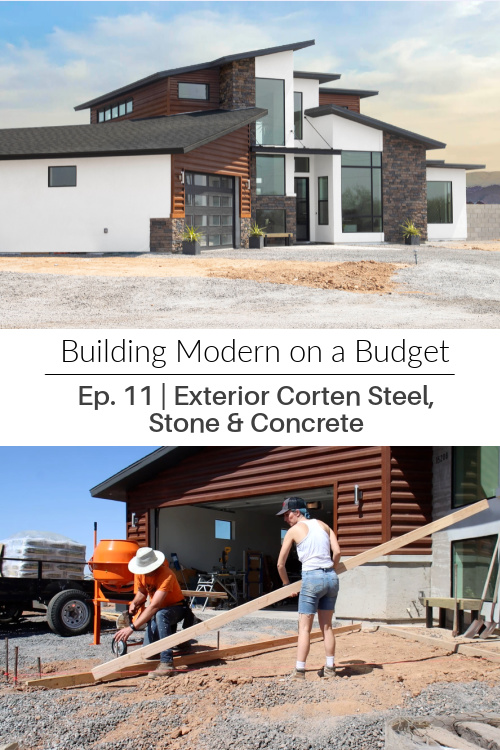
Corten vs. Alternatives
- Vs. Painted Steel: Corten is 1.5x - 3x the upfront cost, but eliminates repainting cycles. Long-term savings potential depends on maintenance costs of alternatives.
- Vs. Zinc/Aluminum: Similar premium positioning, sometimes less than Corten for basic forms, but aesthetics differ significantly.
- Vs. Stainless Steel: Certain architectural grades of stainless can be comparable or even exceed Corten pricing.
Essential Cost-Saving Tips
- Get Detailed Quotes: Insist on itemized bids breaking down material, fabrication, labor, engineering. Avoid vague lump sums.
- Optimize Design: Simplify complex geometries. Minimize unique parts. Plan efficient nesting of shapes to reduce material waste.
- Material Sourcing: Discuss options with fabricators – pre-weathered vs. natural weathering, standard gauges vs. custom.
- Fabricator Selection: Choose shops with proven Corten experience. Their expertise prevents costly mistakes and rework. Get references.
- Plan for Runoff: Design details managing the initial iron oxide runoff protect surrounding surfaces and avoid costly damage/cleaning. Factor this in.
- Value Engineering: Work with your architect and fabricator early to find areas where standard details or alternative materials could be used in non-critical areas without sacrificing the design intent.
- Get Multiple Bids: Essential for market comparison, but prioritize qualifications over the absolute lowest bid.

